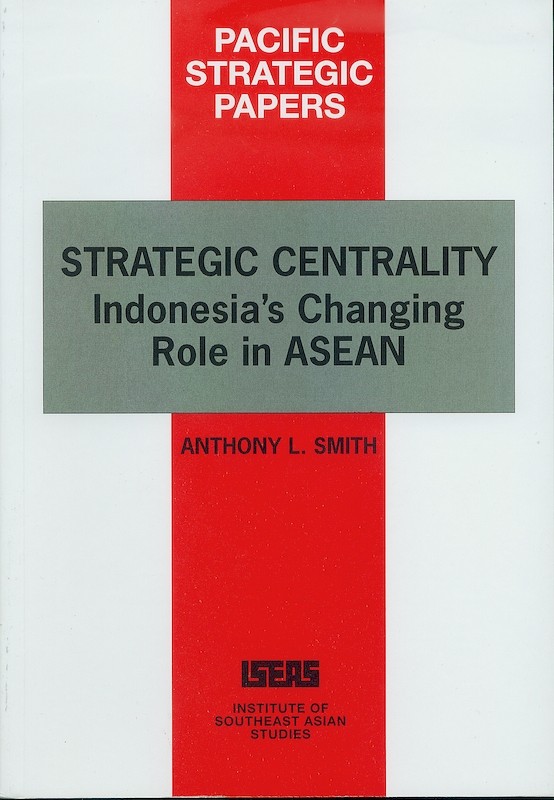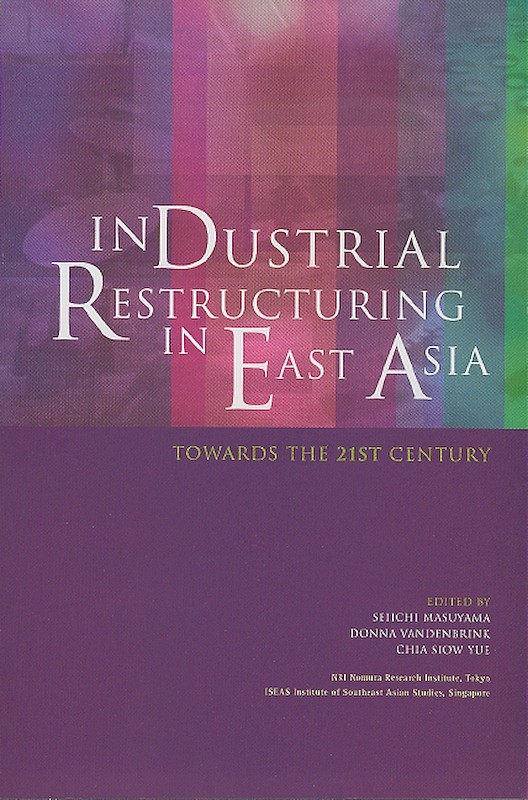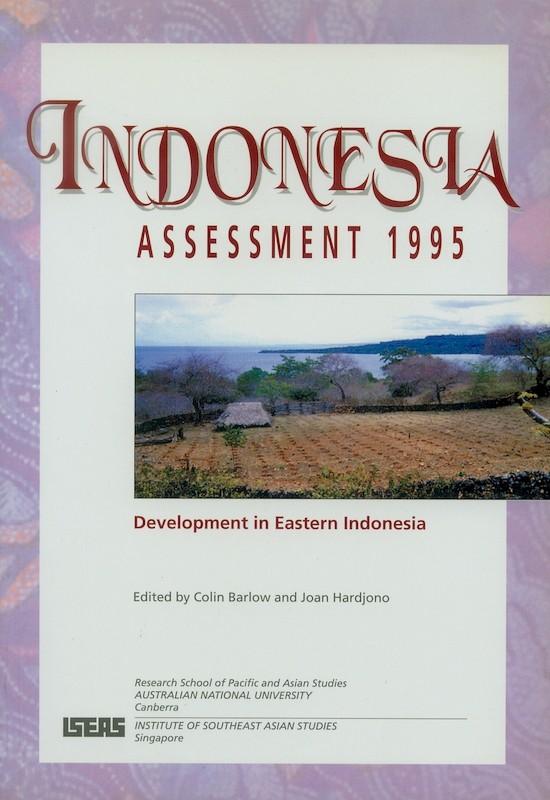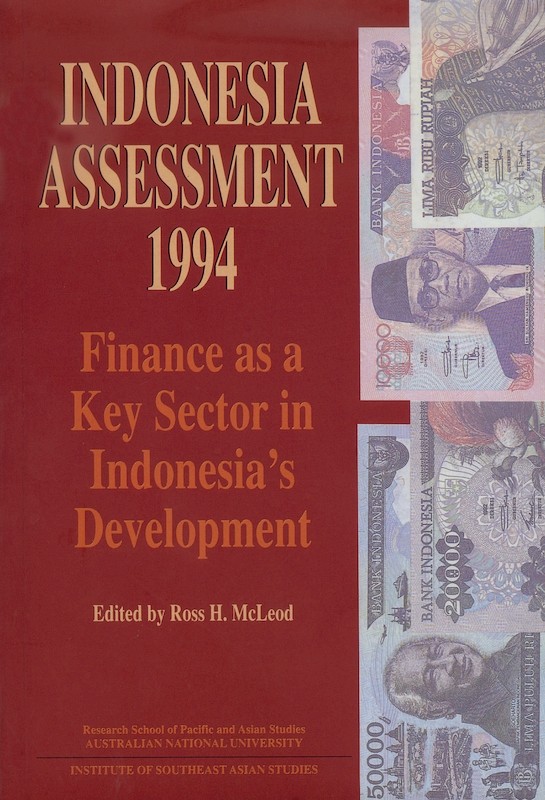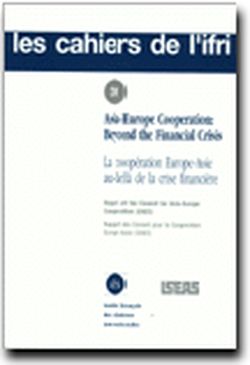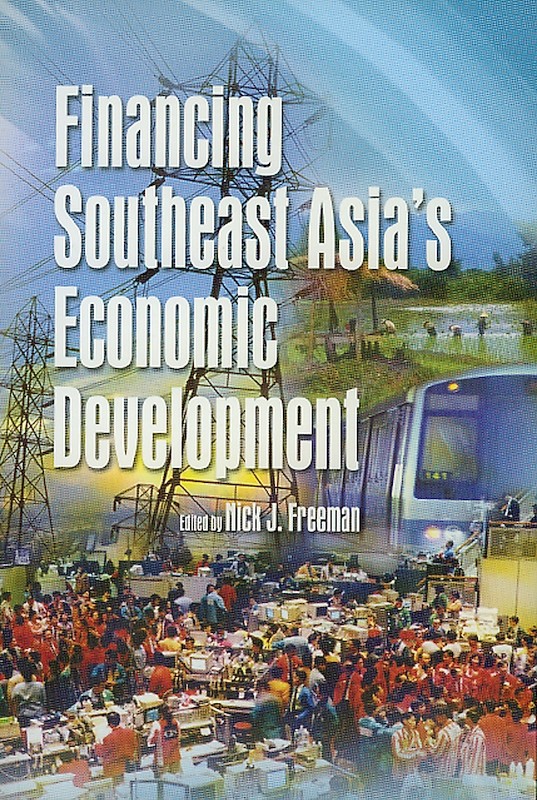Gus Dur and the Indonesian Economy
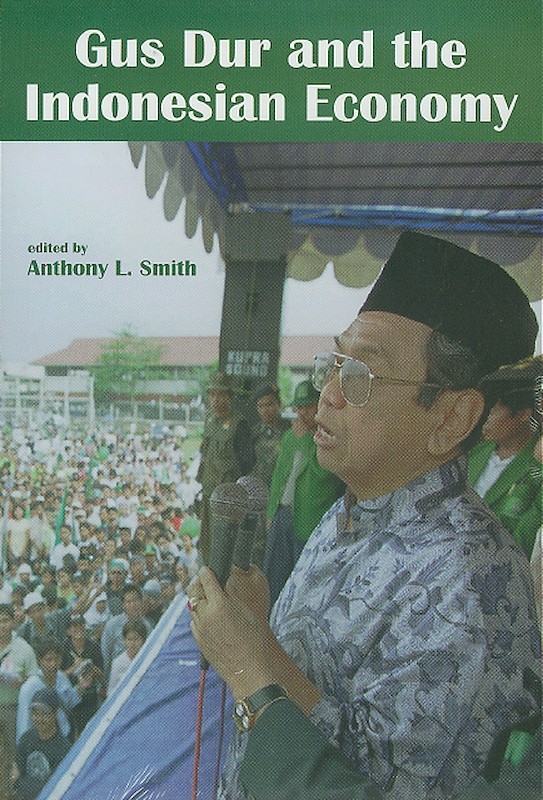
Reviews
"The main value of this book, therefore, is not an assessment of Gus Dur or of the economy. Rather, given that it contains papers by so many representatives of Indonesia's economic intellectual elite, it is as a contribution to debate on the immense and intractable problems the country then faced, and a sample of the professional advice that was available, directly or indirectly, to the new president" (Bulletin of Indonesian Economic Studies).
"This is a worthy addition to studies looking at a critical juncture in Indonesian history. It offers some useful insights on a highly tumultuous time, while equipping the reader with an awareness of some of the enduring problems and controversies afflicting the Indonesian economy. A recommended read" (New Zealand International Review).
About the publication
This volume is a collection of chapters on the Indonesian economy under Abdurrahman Wahid (popularly known as Gus Dur). Contributions come from many leading Indonesian commentators and practitioners of the past and present, and there are also chapters from representatives of international assistance agencies. The authors provide a mid-term assessment of the challenges facing Indonesia's economic development and suggestions for future directions. The themes covered are, inter alia, overall political and macroeconomic stability, bank and corporate restructuring, decentralization, corruption, and socio-economic trends. This book will be of interest to those wishing to assess the varying perspectives held by Indonesian officials and commentators, officials from multilateral agencies, and academics, in a single volume.
Contents
-
Preliminary pages
-
1. Introduction: Abdurrahman Wahids Economic Agenda: The Views of Leading Decision-Makers and Commentators, by Anthony L Smith, author
- SECTION I: THE MACROECONOMY IN YEAR 2000
-
2. Meltdown of the Indonesian Economy: Causes, Impacts, Responses, and Lessons; 3. Economic Policy: Key Issues, by Anwar Nasution, Boediono, authors
- SECTION II: MONETARY-BANKING, INFLATION AND EXCHANGE RATE POLICY
-
4. Indonesia's Economic Policy under the Wahid Administration; 5. Restarting Economic Growth in Indonesia; 6. Inflation and the Central Bank, by Bambang Kusumanto, Anthony S Chan, Joshua Felman, authors
- SECTION III: FISCAL POLICY, DECENTRALIZATION AND GOOD GOVERNANCE
-
7. Fiscal Issues and Decentralization; 8. Good Governance and the Indonesian Economy; 9. Five Crucial Issues for the Economy, by Sri Mulyani Indrawati, Howard Dick, Mark Baird, authors
- SECTION IV: SOCIAL ISSUES, EMPLOYMENT AND POVERTY ALLEVIATION
-
10. The Socio-Economic Impact of the Crisis; 11. An Update on Poverty and Social Issues; 12. Policies for Sustainable Economic Development in Indonesia, by Anggito Abimanyu, Mohamad Fahmi, Aris Ananta, authors
- SECTION V: THE MICROECONOMY IN YEAR 2000
-
13. Investment and State Enterprises; 14. Industry and Trade; 15. Key Principles for the 2000 Budget, by Laksamana Sukardi, Jusuf Kalla, Noor Fuad, authors
- SECTION VI: BANK RESTRUCTURING
-
16. An Overview of Bank Restructuring in Indonesia; 17. Indonesia's Bank Restructuring: A Practitioner's View; 18. Restructuring the Banking System: Indonesia's Challenge, by Farid Harianto, Gunarni Soeworo, Sri Adiningsih, authors
- SECTION VII: CORPORATE DEBT RESTRUCTURING
-
19. Indonesia's Corporate Debt: The Role of the Jakarta Initiative Task Force; 20. Corporate Debt Restructuring, by Jusuf Anwar, Franky Widjaja, authors
- SECTION VIII: TRADE, MANUFACTURING, AGRICULTURE, AND SMEs
-
21. The Crisis and Agriculture Policy; 22. Industrial Policy for Indonesia, by H S Dillon, Faisal Basri, authors
- SECTION IX: PRINCIPLES FOR STABILIZATION AND REFORM
-
23. Comments on Indonesia's Economic Reform; 24. Comments on Indonesia's Economic Reform; 25. Conclusion, by Anthony L Smith, Emil Salim, Mohammad Sadli, authors
-
Index

